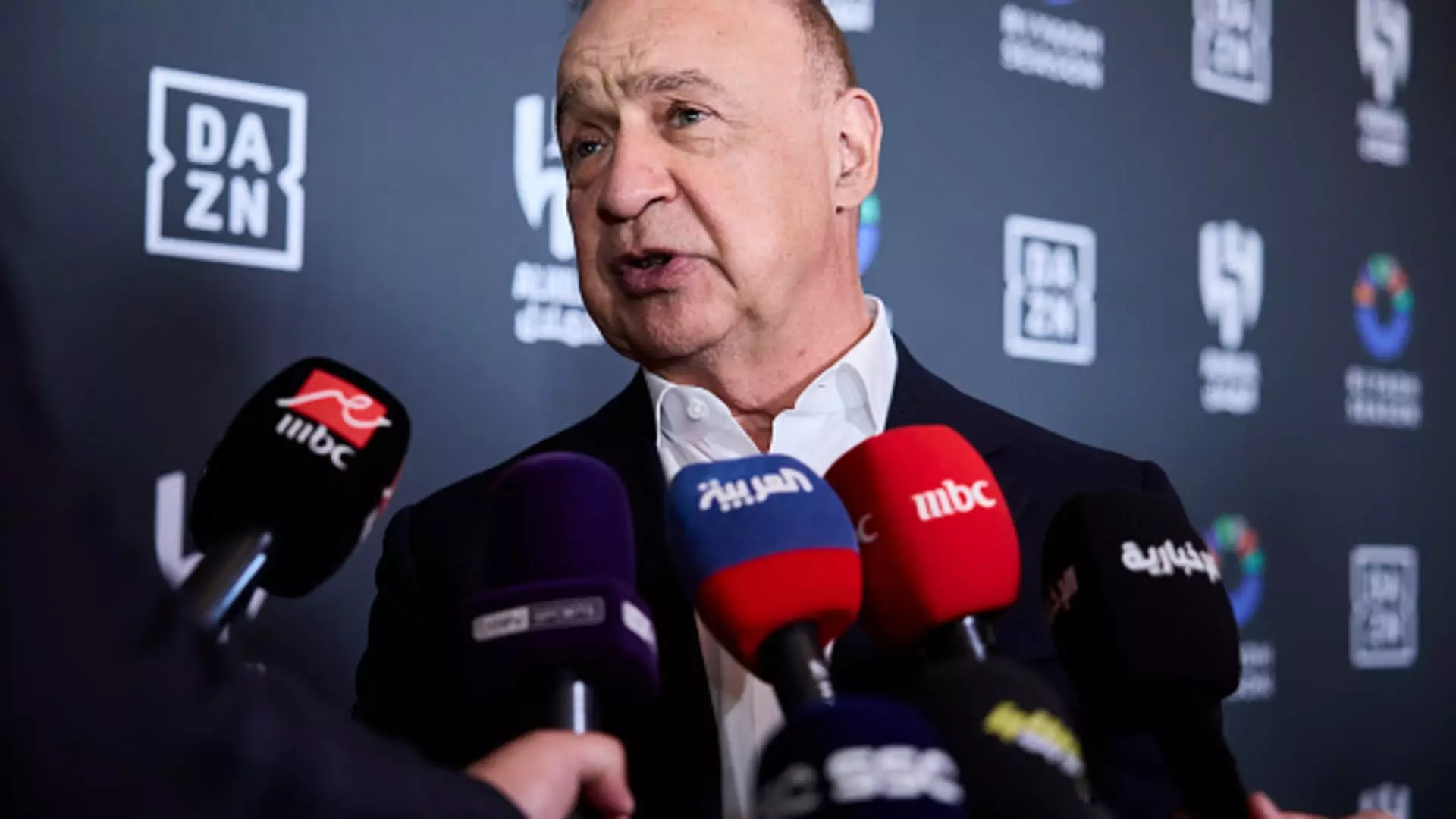In the context of modern finance, high-net-worth individuals often find their wealth intertwined with global economic conditions. Recent trends indicate a noticeable dip in investment activities by ultra-affluent private investment firms, reflecting the volatility that has taken center stage in global markets. This change is largely tied to the tumultuous political landscape, especially the ramifications of President Donald Trump’s impending tariffs. March saw a staggering 45% year-over-year decrease in direct investments made by family offices, as reported by Fintrx, underscoring a dramatic shift in the behavior of the affluent—a cohort usually characterized by their aggressive investment strategies and resilience in the face of economic upheaval.
The Response to Rising Tensions
It’s hard to overstate the psychological impact that geopolitical tensions have on investors, particularly those responsible for significant wealth. The tariffs proposed were not just economic policies; they were alarms that warned of impending instability. The uncertainty provoked by potential trade wars inherently pressured wealthy families to reassess their portfolios. Vicki Odette, a partner at Haynes Boone, elaborates on this sentiment, noting that family offices are now more cautious, evaluating the sustainability of their existing ventures rather than rushing into new opportunities. This reflects a rational approach to investment, where preservation of capital has taken precedence over the pursuit of growth.
The Dwindling Appeal of High-Risk Investments
Coupled with these political tensions is the pervasive sense of anxiety surrounding how these tariffs could impact wealth-generating businesses. Many affluent families are enduring an internal conflict, torn between the desire to invest and the fear of adverse outcomes. While innovative sectors such as technology and renewable energy continue to beckon with their promise of disruption and profitability, even the richest investors are hesitating to dive into waters that may be fraught with peril. Just a few investment exceptions exist, such as Euclidean Capital’s engagement with Zeitview, a notable investment leveraging drone technology and AI. However, such cases serve only to amplify the overall trend of reticence in investment by family offices, emphasizing how a staunchly cautious mindset prevails in the face of external uncertainties.
Changes in Investment Strategy
This downturn in activity isn’t merely about financial arithmetic; it reflects a profound shift in strategy among the ultra-rich. As many investors shift their focus away from blockbuster deals in uncertain times, a growing interest in private credit funds has emerged. These relatively less risky options provide short-term loans, offering quick returns without the headache of complex valuations that accompany traditional equity investments. It’s a strategic pivot designed to weather uncertainty while retaining the opportunity for liquidity—a smart move in times where capital deployment feels like stepping into a minefield.
The Global Perspective
The caution exercised by American investors is not an isolated phenomenon. Odette points out that the wave of uncertainty ripples across international borders, affecting even foreign investors who have historically favored American escapades. Families from the Middle East, who are regular participants in U.S. markets, are now questioning the viability of their investment strategies against the backdrop of an unpredictable trade landscape. This sentiment should serve as a clarion call that global interconnectedness necessitates a more contemplative investment approach—an awareness that extends beyond borders and into the fabric of international trade relations.
A Mirror to Excess and Responsiveness
All of this raises an uncomfortable question: What should wealthy investors prioritize during turbulent times? Should they cling to ambition, burnishing their portfolios with high-risk investments, or adopt a temperance grounded in realism? The prudent move is likely a mix of both, recognizing that while growth fuels wealth, it should not come at the expense of fundamental stability. The current stagnation in investment practices reflects not just a response to tariffs but also a broader awareness of the fragility of wealth—a reckoning that urges a departure from reckless risk-taking traditionally associated with high-net-worth investors.
As the world watches this cancelation of exuberance, it indicates that even those with the most substantial capital are increasingly committed to navigating the complexities of global finance with a blend of caution and strategy. In a landscape marked by uncertainty, this recalibrated approach may prove to be ultimately more rewarding in the long run.


Leave a Reply